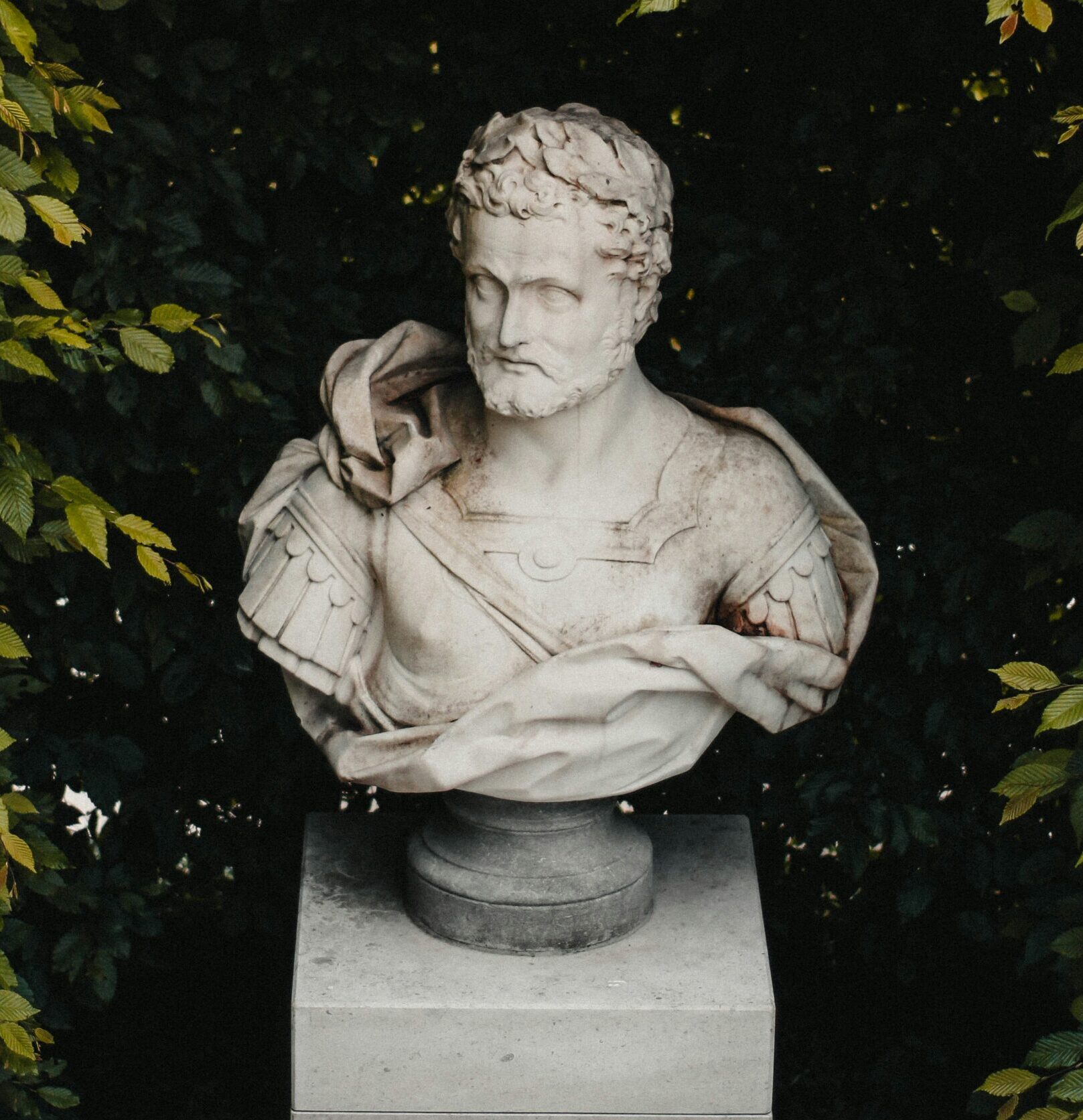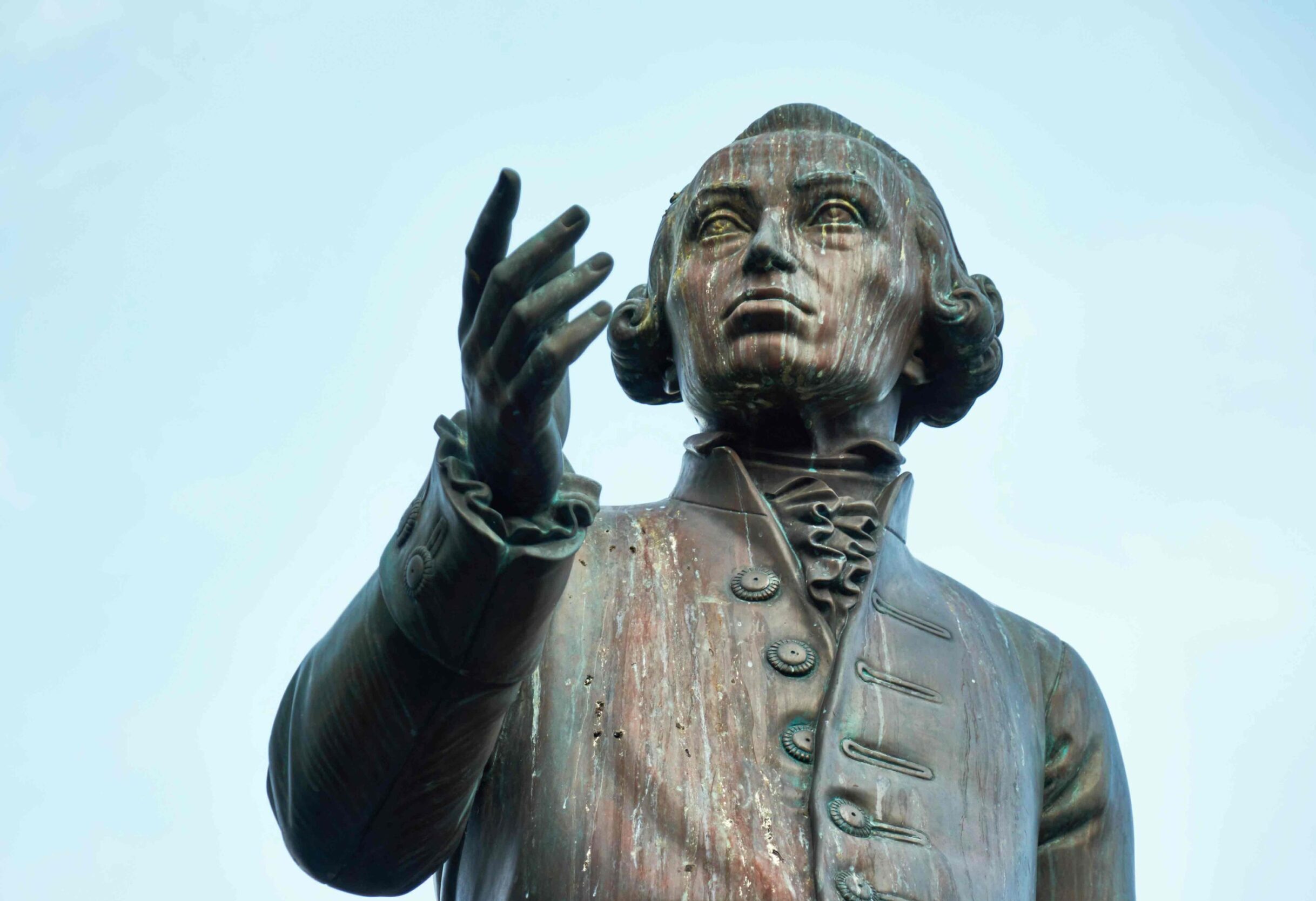Born in 384 BCE in Stagira, Northern Greece, Aristotle was the son of Nicomachus, a physician to King Amyntas of Macedon. At the age of 17, he moved to Athens and enrolled in Plato’s Academy, where he spent two decades mastering philosophical doctrines. Following Plato’s demise, Aristotle traveled extensively and became the mentor to Alexander the Great, profoundly influencing the latter’s worldview. Subsequently, Aristotle founded the Lyceum, an institution dedicated to empirical learning and rational inquiry. He passed away in 322 BCE in Chalcis, Euboea.
2. Pioneering Contributions to Human Knowledge:
A. Advancement in Logic and Reasoning:
- Aristotle is credited as the “Father of Logic” for formulating the theory of syllogism, a system of deductive reasoning that remains foundational in modern logical analysis.
- He distinguished between deductive reasoning (deriving specific conclusions from general principles) and inductive reasoning (generalizing from specific observations).
- His work “Organon” is a collection of six treatises on logic, which provided the first formal study of reasoning.
B. Political Philosophy and Governance:
- In his seminal work “Politics”, Aristotle analyzed the nature of political systems and advocated for a constitutional government supported by a robust middle class to ensure social harmony.
- He classified political structures into monarchy, aristocracy, and polity, while identifying their corrupt counterparts as tyranny, oligarchy, and democracy.
- He introduced the Theory of Citizenship, arguing that active participation in civic life is essential for a just society.
C. Ethical and Moral Philosophy:
- His work “Nicomachean Ethics” introduced the concept of the Golden Mean, advocating for balance between excess and deficiency as the path to moral virtue.
- Aristotle posited that happiness (eudaimonia) is the ultimate goal of human life and can only be achieved through the cultivation of intellectual and moral excellence.
- His Virtue Ethics Theory emphasized the development of character and virtues as the foundation for ethical behavior.
D. Scientific Inquiry and Biological Classification:
- Aristotle pioneered the classification of plants and animals, laying the groundwork for the field of biological taxonomy.
- He conducted empirical observations and dissected animals to understand anatomy, though some of his early theories, such as spontaneous generation, were later refuted by modern science.
- His works “History of Animals” and “Generation of Animals” provided extensive studies on zoology and embryology.
E. Metaphysics and Ontology:
- In his profound work “Metaphysics”, Aristotle explored the fundamental nature of being and existence.
- He introduced the concept of causality, famously identifying four causes:
- Material Cause (the substance from which something is made)
- Formal Cause (the design or structure)
- Efficient Cause (the force that brings it into existence)
- Final Cause (the ultimate purpose or function).
- Aristotle’s Theory of Substance established the idea that everything in existence consists of matter and form.
3. Core Ideological Perspectives:
- Aristotle’s ideology was rooted in empirical observation and practical knowledge, contrasting with Plato’s idealism.
- He famously asserted that “Man is by nature a political animal”, emphasizing the necessity of social and political structures for human flourishing.
- He championed virtue ethics, focusing on moral character development rather than rigid ethical rules.
- His belief in rationality and scientific inquiry laid the foundation for the modern scientific method.
4. Major Literary and Philosophical Works:
- Nicomachean Ethics – Analysis of moral virtues and human happiness.
- Politics – Examination of political systems and justice.
- Metaphysics – Exploration of the nature of reality and existence.
- Poetics – Study of art, drama, and literary criticism.
- On the Soul (De Anima) – Investigation of psychology and the human mind.
- Organon – A collection of works on logic and reasoning.
- History of Animals – Comprehensive work on zoology and biology.
- Rhetoric – Study of persuasion and effective communication.
5. Renowned Quotes by Aristotle:
- “Knowing yourself is the beginning of all wisdom.”
- “Happiness depends upon ourselves.”
- “The roots of education are bitter, but the fruit is sweet.”
- “We are what we repeatedly do. Excellence, then, is not an act, but a habit.”
- “The whole is greater than the sum of its parts.”
6. Impact on Human Civilization:
- Aristotle’s logical framework became the cornerstone of modern scientific methodology.
- His political philosophy profoundly influenced the development of constitutional governance and democracy.
- His ethical theories continue to shape contemporary moral philosophy and psychology.
- His biological classification system laid the foundation for natural sciences.
- His rhetorical and literary theories continue to guide public discourse and creative arts.
Aristotle’s unparalleled intellectual legacy extends across philosophy, political science, ethics, biology, and metaphysics, shaping the intellectual fabric of Western civilization. His empirical approach to knowledge and commitment to rational inquiry established the foundation for scientific exploration and ethical reasoning that continue to resonate with scholars, policymakers, and scientists to this day.













